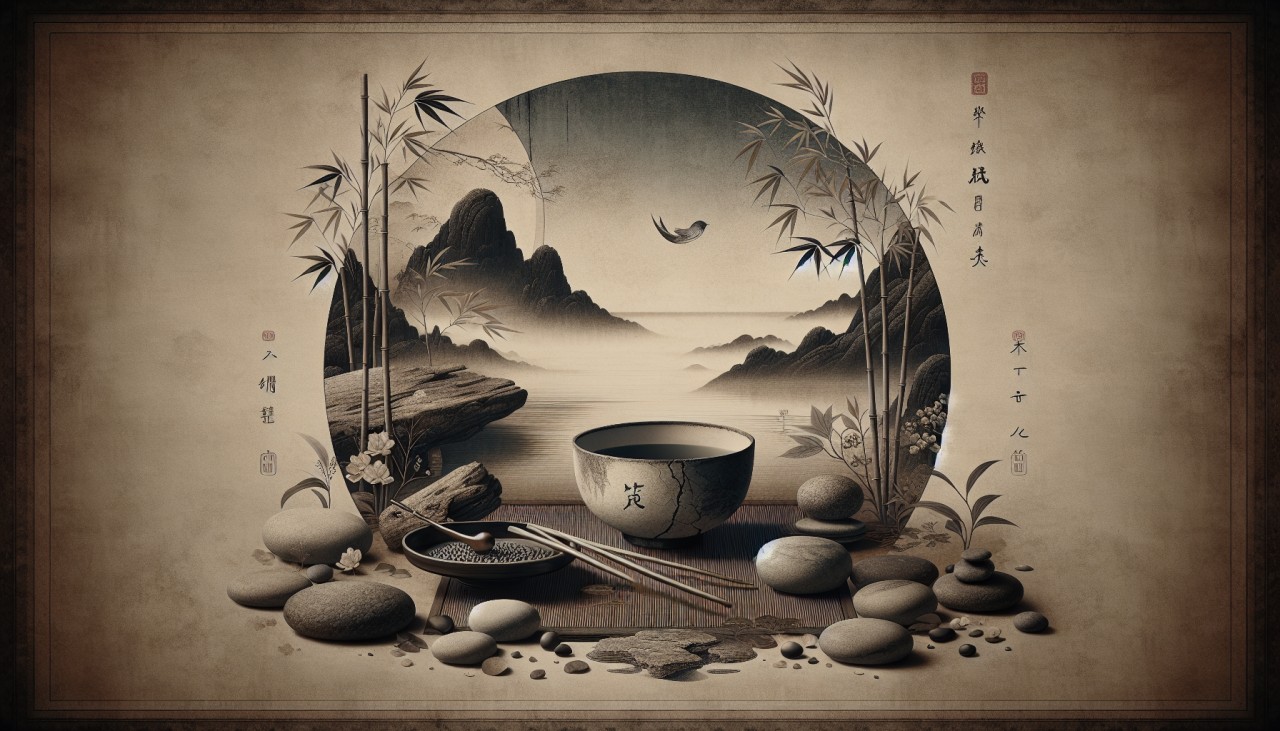In "Wabi Sabi: Japanese Wisdom for a Perfectly Imperfect Life," Beth Kempton delves into the Japanese aesthetic that finds beauty in imperfection and transience. Drawing from her deep connection with Japan, where she has lived and worked for many years, Kempton introduces readers to the concept of wabi sabi—a philosophy that encourages embracing life's imperfections and appreciating the fleeting nature of all things. She emphasizes that wabi sabi is not about striving for perfection but about accepting and finding beauty in the natural state of things. This perspective invites readers to slow down, reconnect with nature, and be gentler with themselves. bethkempton.com
Kempton applies wabi sabi principles to various aspects of daily life, offering practical advice for readers seeking to incorporate this philosophy into their routines. She suggests simplifying one's environment by decluttering and focusing on what truly matters, creating spaces that are both functional and aesthetically pleasing. The book also highlights the importance of connecting with nature, advocating for practices like forest bathing to enhance mindfulness and well-being. Additionally, Kempton addresses the inevitability of change and the value of accepting impermanence, encouraging readers to let go of attachments and embrace the present moment. She provides guidance on reframing failure as a learning opportunity, nurturing meaningful relationships, and finding joy in the simple moments of life. bethkempton.com
Key Takeaways
- Embrace imperfection and find beauty in life's natural state.
- Simplify your environment by decluttering and focusing on essentials.
- Connect with nature through practices like forest bathing to enhance mindfulness.
- Accept the transient nature of life and let go of attachments to the past.
- Reframe failure as a learning opportunity to build resilience.
- Nurture meaningful relationships by applying principles of harmony and respect.
- Find joy in simple moments and appreciate the present.
Example
To apply wabi sabi principles in your daily life, consider starting with your living space. Begin by decluttering and removing items that no longer serve a purpose or bring you joy. Focus on keeping objects that are functional and hold personal significance. Incorporate natural elements like wooden furniture, stone decor, or indoor plants to create a harmonious and calming environment. This approach not only simplifies your surroundings but also fosters a deeper connection with nature and the present moment.
